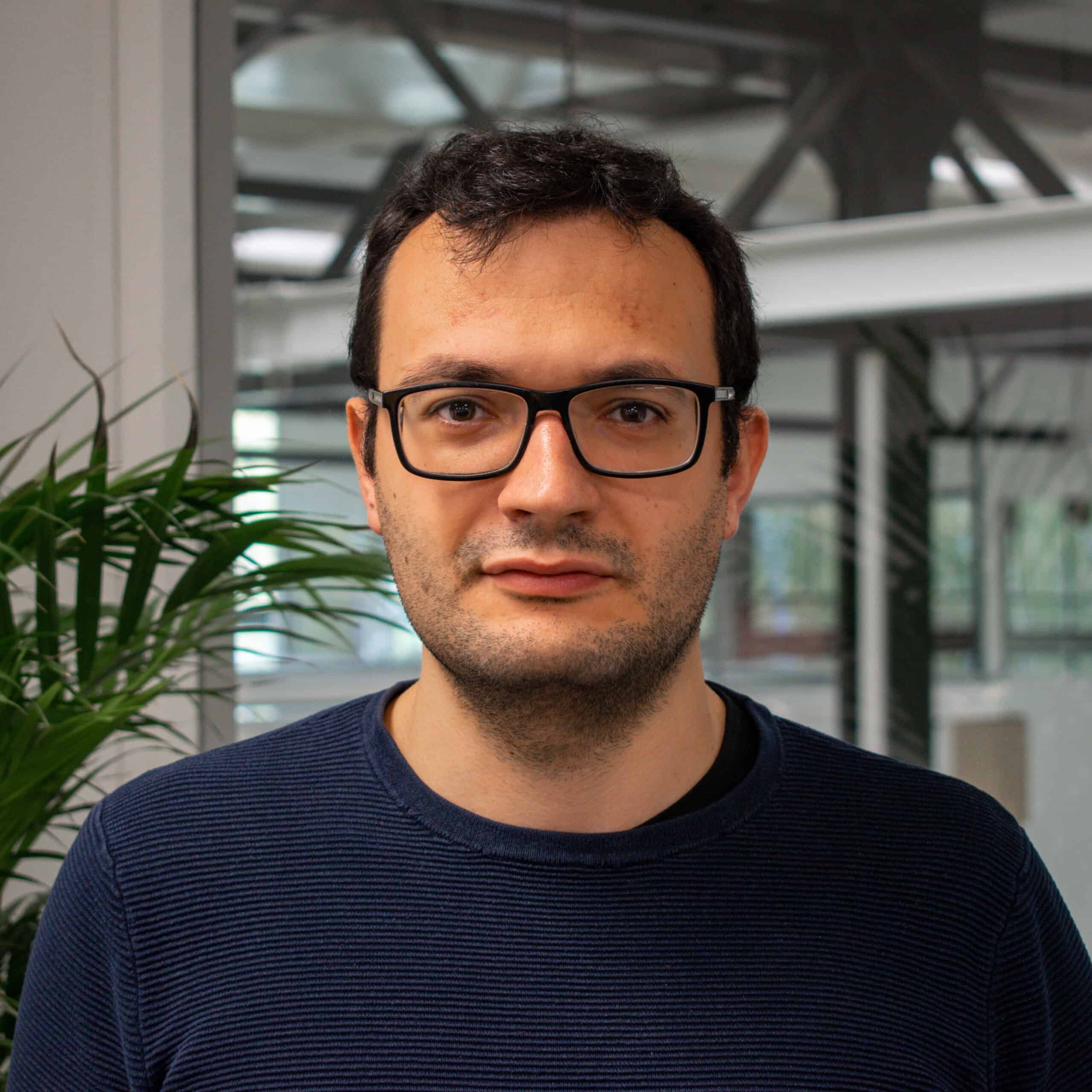
About Akara Robotics
- Founders: Niamh Donnelly, Conor McGinn, Cian Donovan, Michael Cullinan, Eamonn Bourke
- Founded in: 2019
- Employees: 12
- Money raised: €3.5 million
- Ultimate goal: Making hospitals more efficient with technology.
Since the COVID-19 outbreak, we have learned about the importance of disinfection – especially in critical environments. Akara Robotics had already seen the problem before the pandemic, as in 2019 they started working on data-driven autonomous disinfection robots. Niamh Donnelly is Akara’s co-founder and Chief Robotics Officer. She won the 2022 EU Prize for Women Innovators in the rising innovators’ category – for participants under 35 years of age – awarded by the European Innovation Council. Donnelly spoke to Innovation Origins for this instalment of the start-up of day series, right after receiving the European accolade.
Congratulations on this achievement. How does it feel to receive such a prize at such a young age?
“It does feel amazing. Building a start-up is hard at times, but this award is recognition for the work we’ve done. I’m extremely passionate about what we do at Akara and I really believe robotics has the capability of changing our healthcare system.”
What is Akara robotics about?
“Our mission is to make hospitals more efficient, so we built robots that can clean rooms autonomously. With manual cleaning, it can take up to an hour to clean a CT scan room, for instance. This means that fewer people can get a scan. If we can decrease the time it takes to decontaminate a room, more examinations can be performed. One of the disinfection robots we designed shines UV light on a surface, breaking down bacteria, while another purifies the air. It’s a way to give cleaners more tools than a mop and a bucket.”
How does the disinfection robot work?
“When we work with a new hospital, we start by mapping out the entire floor. Then – by looking at each room – we figure out what the major points are that manual cleaning misses. After that, we build a framework for the robot to autonomously move around. Whenever somebody needs to clean a room, it’s just a matter of clicking a button on the robot and it will autonomously shine light in different areas.”
How do you make sure that the robot fits in every hospital setting?
“Hospitals have been helped by giving them a standard, just like procedures, for using the robot. They can make slight adjustments to the operation of the robot as needed. Hospitals are good places for robots, they have wide open doors, and the floors are flat, which makes it easier for them to move around.”
What other applications are you targeting?
“We see the need for this technology and many other applications too. Nursing homes for instance. They’re places full of people who are vulnerable to flu and to viruses in general. Furthermore, it’s hard to keep them clean, because of the fabrics inside, people coming in and out, and the many group interactions. The next step would probably be to focus on this application or on another health-related one.”
What challenges did you face?
“Building a start-up means living on the edge. Especially in deep tech and robotics, you’re dependent on venture capitalists’ investment or European funding. Whether you get that or not might represent the end of your company. For me, the hardest part was being worried about failure.”

What’s next for Akara Robotics?
“Our robots are now operating in several Irish and British hospitals. We’re still piloting the technology to build on the best way the robot should work in those settings. Meanwhile, we’re getting the CE marking – Conformité Européenne, European Conformity. Once we have it, we plan to increase the number of robots we have in our current hospitals, and to expand across Europe.”
Women found fewer start-ups than men do. In your case, what made a difference in choosing this path?
“When I was in school, I’ve always loved math and sciences, but when I was sixteen, I started to move a bit away from them. The pivotal moment was when I one to a high school camp, where I got to build robots and use technology, I became fascinated by it. My dad also played a role, he’s an engineer and was supportive and guided me towards this path. If young women don’t have that kind of support, it’s hard to see them succeed. It’s important that the society makes sure that everyone gets help.”
What would you say to a young woman who wants to start her own company?
“I would say go ahead and do it, it’s probably one of the most rewarding things you can do, and you won’t be doing it just for yourself. Having more women building companies creates more diversity in businesses, leadership, and products.”

